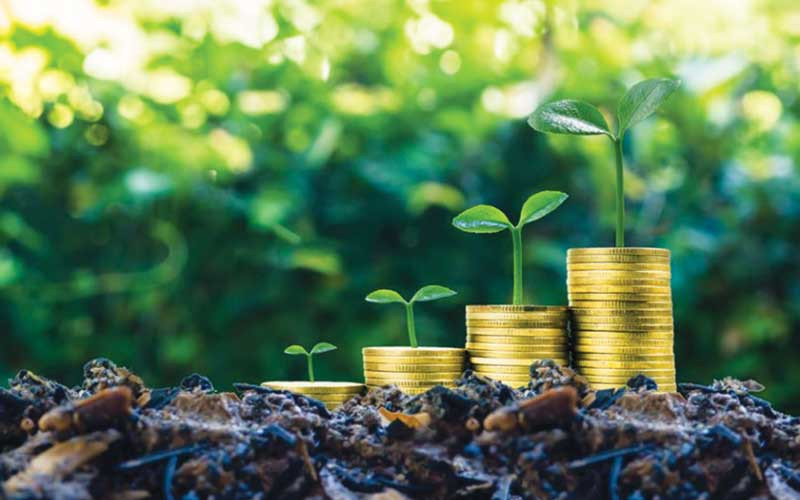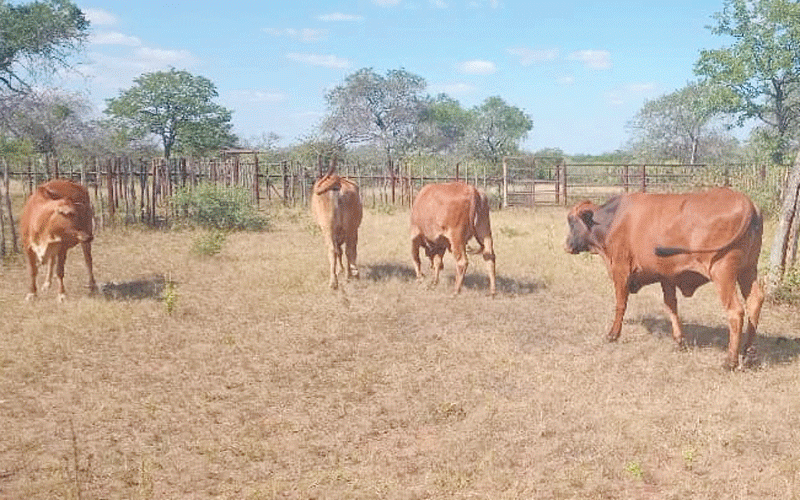
INTERNATIONAL Finance Corporation (IFC) operations officer Nana Asamoah-Manu has encouraged local banks to explore sustainability financing instruments in lending to tap into the opportunities available.
Sustainability financing instruments are financial tools designed to support investments that promote environmental, social and economic sustainability.
These instruments include green bonds, social bonds, sustainability-linked loans and blended finance, which direct funding towards projects that have positive environmental or social outcomes, like renewable energy, affordable housing and clean water initiatives.
Speaking at the Institute of Bankers Zimbabwe (IoBZ) Summer Conference in Victoria Falls last week, Asamoah-Manu said banks should embrace sustainability in their day-to-day operations.
“When it comes to sustainability, many think about the challenge, the stress, compliance and reporting. Many times, we forget that it brings opportunities. It is not all about risk. It is not all about compliance. It should be hardwired into the financial institution’s operation towards the opportunities,” he said.
“I will try to quickly go through the context of climate change, sustainable finance and its segments, which are some instruments that you should consider as a financial institution. As IFC, we do general debt finance but look at other financial instruments that you can use.”
He said banks played a crucial role in driving change and sustainable financing, noting key financial instruments like green bonds, social bonds, sustainability-linked bonds, transition bonds and green loans.
“We can talk about a social bond. A social bond is a bond in which the use of proceeds is defined for social benefit, for example, pandemic bonds. I remember when the COVID-19 came, people raised bonds to address pandemic needs,” Asamoah-Manu said.
- Unlock the impact potential of agricultural SMEs in Africa: Experts
- Ipec drafts regulatory framework for agric insurance index implementation
- Explore sustainability in lending, IFC tells Zim banks
Keep Reading
“We also have key performance indicators-linked bonds or sustainability bonds…you raise a bond with sustainability targets, be they social, climate, be they blue finance, renewable energy or agri-related. These can be Sustainable Development Goals (SDGs) bonds. These are the types of fixed-income instruments specifically designed to support the United Nations 17 SDGs.”
He noted that if bankers wanted sustainable finance, they had to define it within the framework of the bond and use the proceeds within that context.
“So based on our definition, you can also do green finance bonds. A green bond, a clear green bond, with specific use of proceeds, must be used for renewable energy. It must be used for climate finance. It must be used for energy efficiency activities,” Asamoah-Manu said.
“Think of green bonds and green loans. Think of blue bonds and blue loans. I like transition bonds because you now look at an organisation or a firm that is considered an emitter or a high carbon emitter. And you finance them to do things that gradually reduce their carbon emission.”
He said bankers needed to address sustainability on a day-to-day basis.
“And it is important that we talk about this as an opportunity, not as an annual event. Climate change is the defining development issue of our time. And climate change areas of key focus are changing,” Asamoah-Manu said.
“What is climate finance meant to do? It is meant to help us with mitigating. Mitigating is reducing the temperature change, the effect of climate change and reducing the climate change. And then adaptation is reducing our vulnerability to climate change.”
Securities Exchange Commission of Zimbabwe’s head of the Surveillance and Supervision unit, Ngonidzashe Makaha, said they had created an apex board to regulate sustainability issues.
“So, I will come to the role of the regulator. I think the role of the regulator is to provide policy and promote sustainable products. One thing we have done as the regulator is create an apex board, which is made up of the Reserve Bank of Zimbabwe, the Securities and Exchange Commission of Zimbabwe and the insurance regulator, which is called the Multidisciplinary Financial Stability Committee,” he said.
“In that committee, we have discussed a lot of sustainable development issues. And I am really glad that the theme for this year’s IoBZ summit conference is innovation and sustainability. These are some of the issues that we will assist within the Multidisciplinary Financial Stability Committee.”










